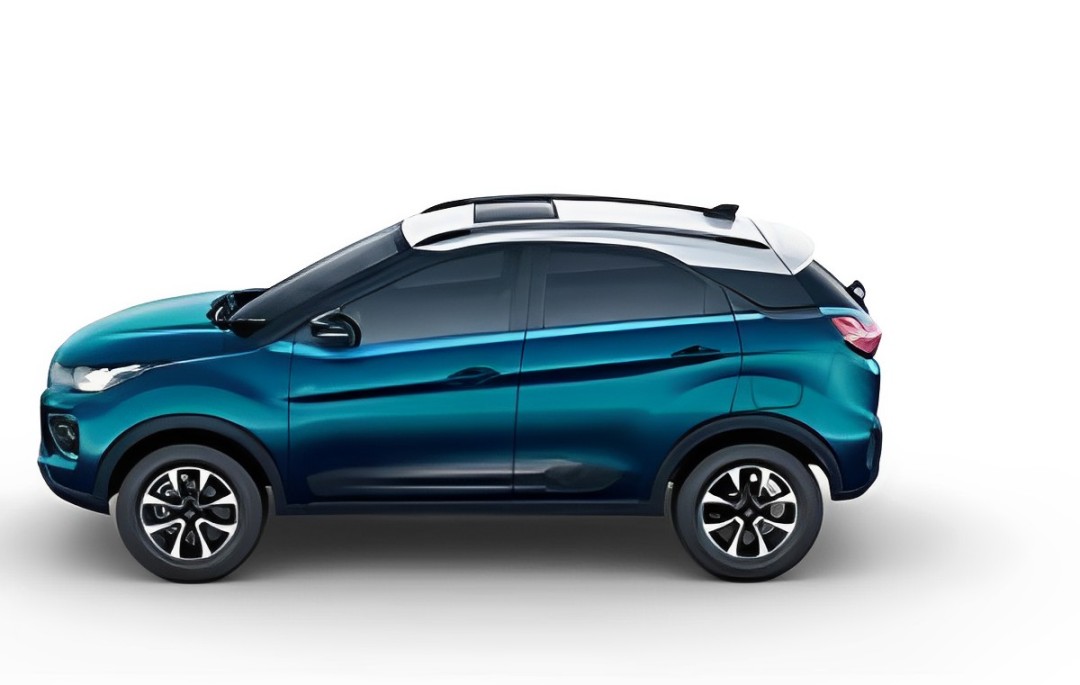India’s electric SUV market is on the rise, providing eco-conscious consumers with compelling options. In this detailed comparison, we analyze some of the top electric SUVs in the Indian market, focusing on their performance, features, and suitability for the unique aspects of Indian urban commuting.
Also Read: The Driven Evolution: Formula 1 Technology Steering Everyday Cars to New Horizons
Top Electric SUVs in the Indian Market
Here is the list of the top electric SUVs in the Indian market:
Kia EV6 – 528 km
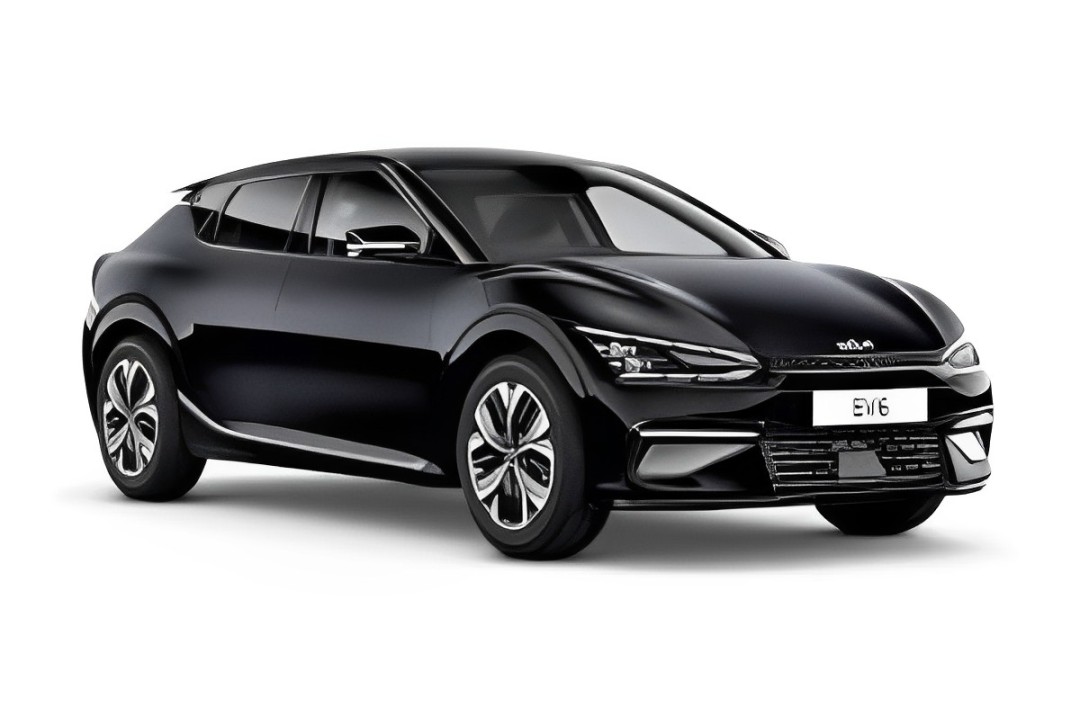
Price: Rs 60.95 lakh-65.95 lakh
Kia’s top electric SUV in India is also the automaker’s flagship model. The EV6 is based on the Hyundai Group’s E-GMP platform, making it a sibling to the Ioniq 5. However, both models have slightly different specifications and, unlike the Hyundai, the EV6 is supplied to India as a full import. It is more expensive.
It is powered by a single 77.4 kWh battery and is available in a single-motor rear-wheel drive (RWD) with a maximum power output of 229 hp and 350 Nm of torque, and a dual-motor all-wheel drive (AWD) with a maximum power output of 325 hp and 605 Nm of torque.
The EV6 has a maximum range of 528 km on the WLTP cycle. The EV6 is a premium crossover that is unmatched on the road and packs quite a punch too.
Rolls Royce Spectre – 530 km
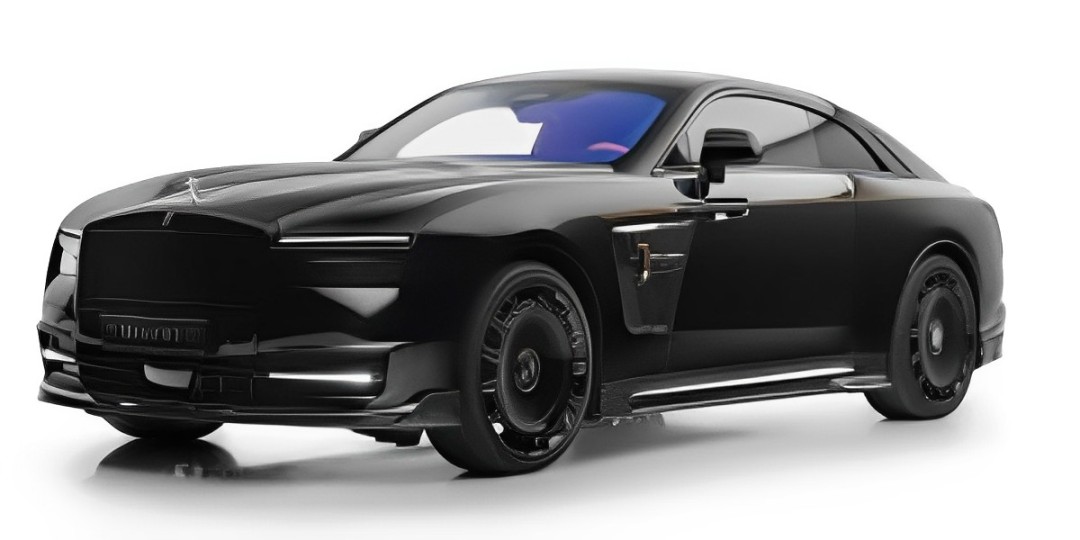
Price: Rs 7.5 crore
Spectre is Rolls-Royce’s one of the first electric SUVs in the Indian market and is also the most expensive electric passenger car in the Indian market. Prices of this top electric SUV in India start from INR 75 lakh excluding options. This ultra-luxury car has a similar interior to other Rolls-Royce models. Specter is equipped with a 102 kWh battery pack and has a range of 530 km based on the WLTP cycle.
Using a 195 kW charger, the battery can be charged from 10 to 80 percent in just 34 minutes. It has two motors, one on each axle, with a total output of 585 hp and 900 Nm, allowing the car to accelerate from 0 to 100 km/h in 4.5 seconds.
Mercedes-Benz EQE SUV – 550 km
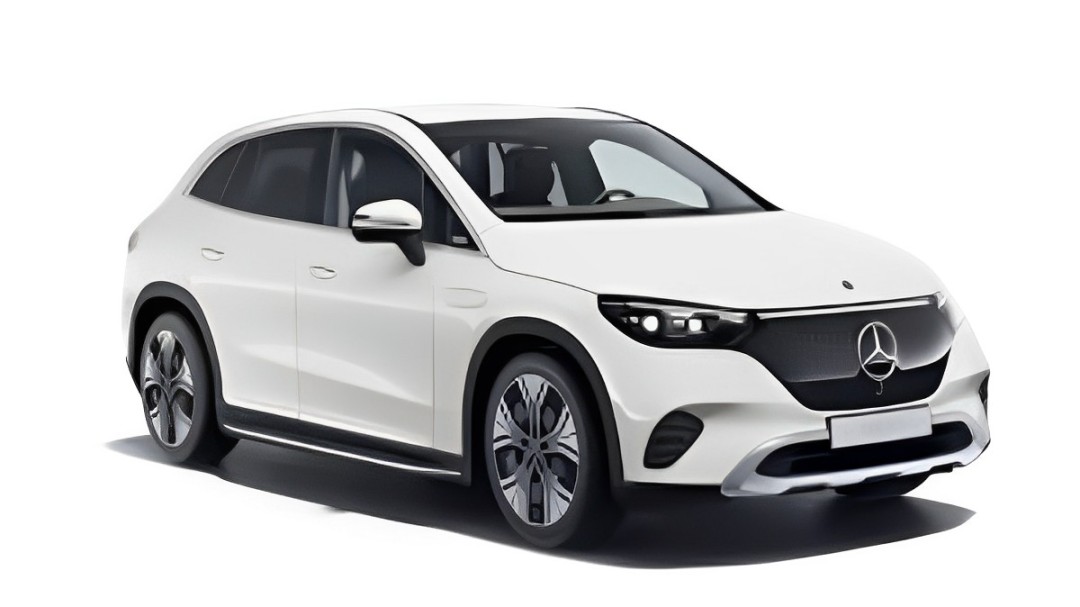
Price: Rs 1.39 crore
The Mercedes-Benz EQE SUV was launched in India last year. This top electric SUV in India is powered by a 90.56 kWh battery pack and boasts a WLTP-certified range of 550 km. It is available in only one trim level and comes with features like ADAS, a 15-speaker Burmester sound system, and a front-seat massage function, to name a few.
The dual motors produce 408 hp and 858 Nm, allowing the Mercedes-Benz EQE SUV to accelerate from 0 to 100 km/h in 4.9 seconds.
BYD Seal – 570 km

Price: Rs 41 lakh-53 lakh
The Seal is the latest BYD offering for India and is available with multiple powertrain and battery pack options. The base model with motor and rear-wheel drive comes with a 61.
44 kWh battery packs, while a larger 82.56 kWh battery pack are available in both all-wheel drive and rear-wheel drive.
The larger battery pack and rear-wheel drive configuration give the car a certified range of 570 km, and we had a chance to test these electric SUVs in the Indian market.
Mercedes-AMG EQS 53 4Matic+ – 586 km
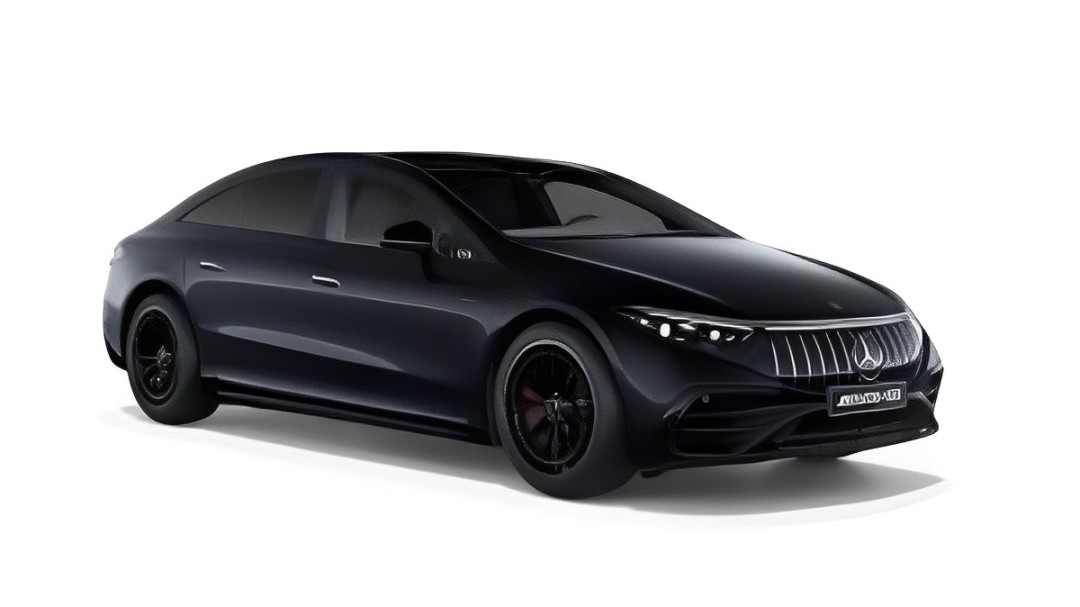
Price: Rs 2.45 crore
The Mercedes-AMG EQS is the brand’s flagship and the top electric SUV in India. These powerful electric SUVs in the Indian market feature a dual electric motor system that produces 761 horsepower in race start mode, and with the boost function enabled, the maximum torque is 1020 Nm.
Read Also: Behind Creativity: Exploring the Psychology of Car Colors
According to the brand, the EQS 53 can accelerate from 0 to 100 km/h in 3.4 seconds and reach a top speed of 250 km/h. The Mercedes-AMG EQS 53 4Matic is fitted with a 107.8 kWh battery that supports up to 200 kW DC fast charging, giving it a WLTP-certified range of 586 km.
BMW i4 – 590 km
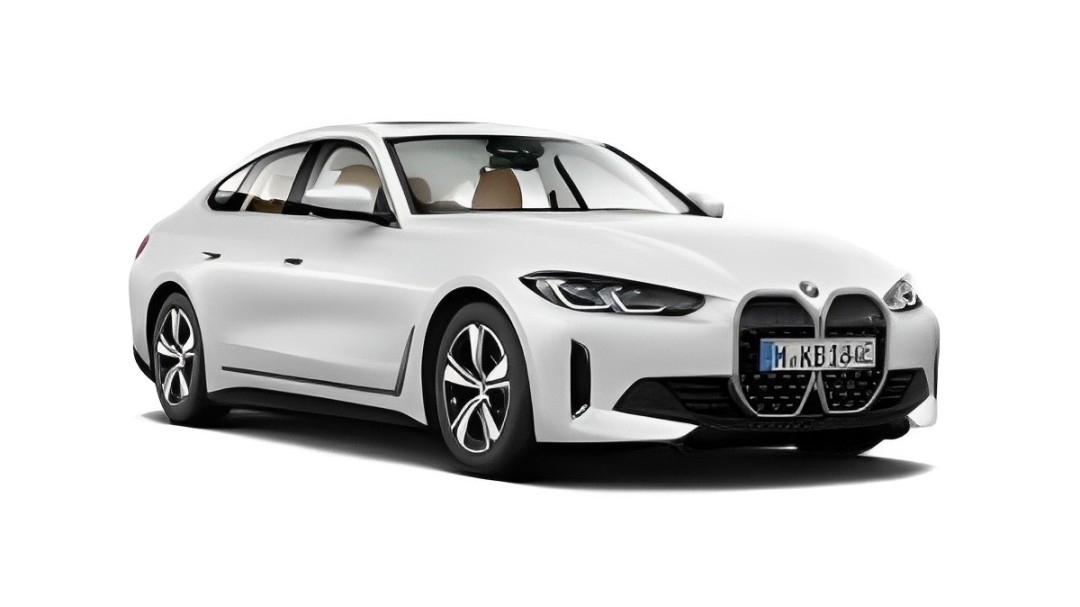
Price: Rs 73.90 lakh-77.50 lakh
The i4 is BMW’s second electric car for India, but unlike the iX, it’s the top electric SUV in India. It’s an all-electric derivative of the 4 Series Gran Coupe (not sold in India), itself a four-door coupe based on the 3 Series we know. India gets the i4 in eDrive40 trim, with a rear engine driving the rear wheels.
The engine produces 340 hp and 430 Nm, drawing energy from an 83.9 kWh lithium-ion battery pack, giving it a WLTP-certified range of 590 km. Its biggest attraction is its attractive price.
The i4 is in the same price range as the sporty M340i and the larger 5 Series, but for this price, you get great range and a rewarding driving experience that other premium electric SUVs in the Indian market car makers don’t offer.
Porsche Macan Turbo – 591 km WLTP

Price: Rs 1.65 crore
Earlier this year, Porsche unveiled an electric version of its Macan SUV, which is based on the brand’s new PPE (Premium Platform Electric) platform, which is also shared with the Audi Q6 e-tron and the upcoming Porsche Cayenne EV. The Macan Turbo is powered by two electric motors that produce a total of 639 hp and up to 1,130 Nm during a brief over boost phase.
These electric SUVs in the Indian market accelerate from 0 to 100 km/h in 3.3 seconds and reach a top speed of 260 km/h. The electric Macan is equipped with a 95 kWh battery and can be charged at speeds of up to 270 kW.
Lotus Eletre / Audi Q8 e-tron sportback – 600 km WLTP
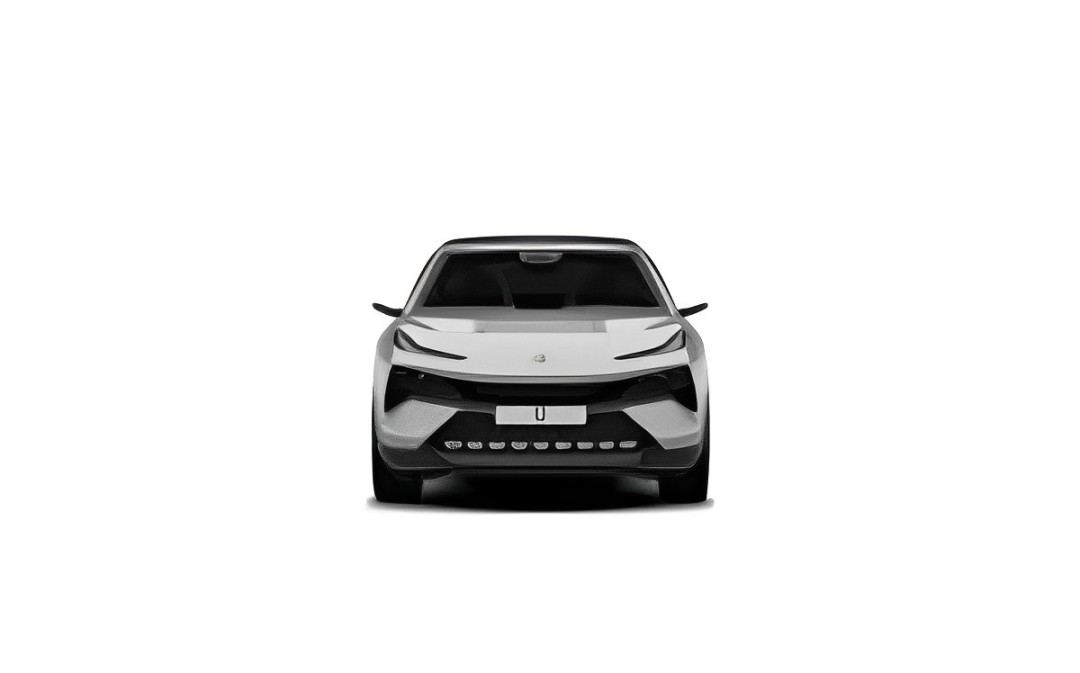
Lotus Eletre price – Rs 2.55 crore-2.99 crore
Audi Q8 e-tron price – Rs 1.14 crore-1.30 crore
Coming in third are two luxury SUVs from Lotus and Audi. The Lotus Eletre and Eletre S are fitted with a 603 hp dual-motor system that can accelerate from 0 to 100 km/h in 4.5 seconds. They are powered by a 112 kWh battery and promise a range of 600 km as per the WLTP cycle. The Audi Q8 e-tron was launched in India last year.
It is available in two variants and two body styles, but the Q8 e-tron Sportback 55 variant has the longest range of all with a WLTP-certified range of 600 km. The electric SUV is fitted with a 114 kWh battery and two electric motors that produce 340 hp and 408 hp in the 50 and 55 versions respectively.
BMW i7 – 625 km

Price: Rs 1.95 crore
The i7 is an all-electric derivative of the 7 Series, with the only visual distinction being subtle blue accents on the exterior and an “i” emblem on the giant grille. Even the interior is identical in both models.
Based on the improved CLAR architecture shared with the regular 7 Series, BMW says that “regardless of the powertrain, the electric i7 is a 7 Series.” Speaking of which, the i7 will come to India in the xDrive 60 version.
It develops 544 hp and 745 Nm thanks to two electric motors mounted on each axle. It is powered by a 101.7 kWh lithium-ion battery, giving it a range of 591 km to 625 km in the WLTP cycle. The new i7 has everything it takes to be one of the best and most luxurious cars in the world, alongside its combustion-engine sibling.
Mercedes-Benz EQS – 677 km

Price: Rs 1.55 crore-2.45 crore
Speaking of the best cars in the world, we come to the Mercedes S-Class electric SUVs in the Indian market, the EQS. The sporty electric four-door “coupe” tops the list with a WLTP range of 677 km, while the EQS 53 has a WLTP range of 586km. It is powered by a 107.8kWh battery with a dual-motor system that produces 523hp and 855Nm.
It is also worth mentioning that the EQS 580 has an even longer ARAI range of 857 km, and the EQS 53 is the most expensive but the top electric SUV in India.
Tata Nexon EV
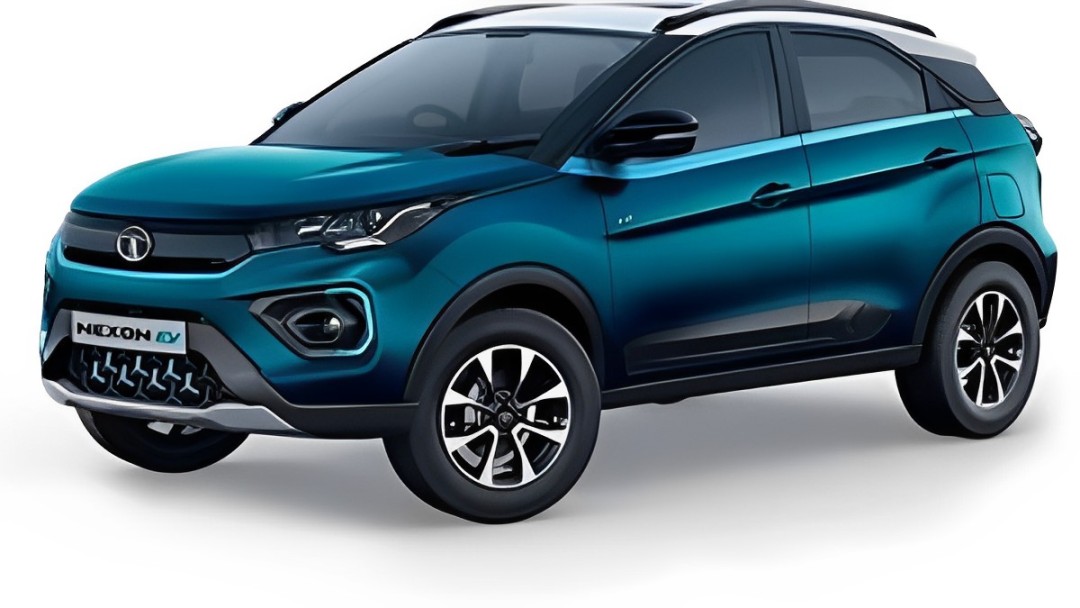
- Performance: Efficient power delivery and a comfortable ride.
- Features: Practical design, connected features, and a spacious interior.
- Range: Decent range suitable for daily commuting and urban driving.
MG ZS EV

- Performance: Smooth acceleration and a comfortable driving experience.
- Features: Modern design, advanced connectivity, and an appealing interior.
- Range: Competitive range for urban and suburban driving needs.
Hyundai Kona Electric: Electric SUVs in the Indian market

- Performance: Nimble handling and an efficient electric powertrain.
- Features: Compact SUV design, user-friendly controls, and ample cargo space.
- Range: Impressive range, particularly suitable for Indian city traffic.
Nissan Ariya

- Performance: Dual-motor configurations for enhanced performance.
- Features: Futuristic design, spacious interior, and Nissan’s ProPILOT Assist.
- Range: Competitive range for Indian city commuting and occasional longer trips.
Mahindra eXUV300
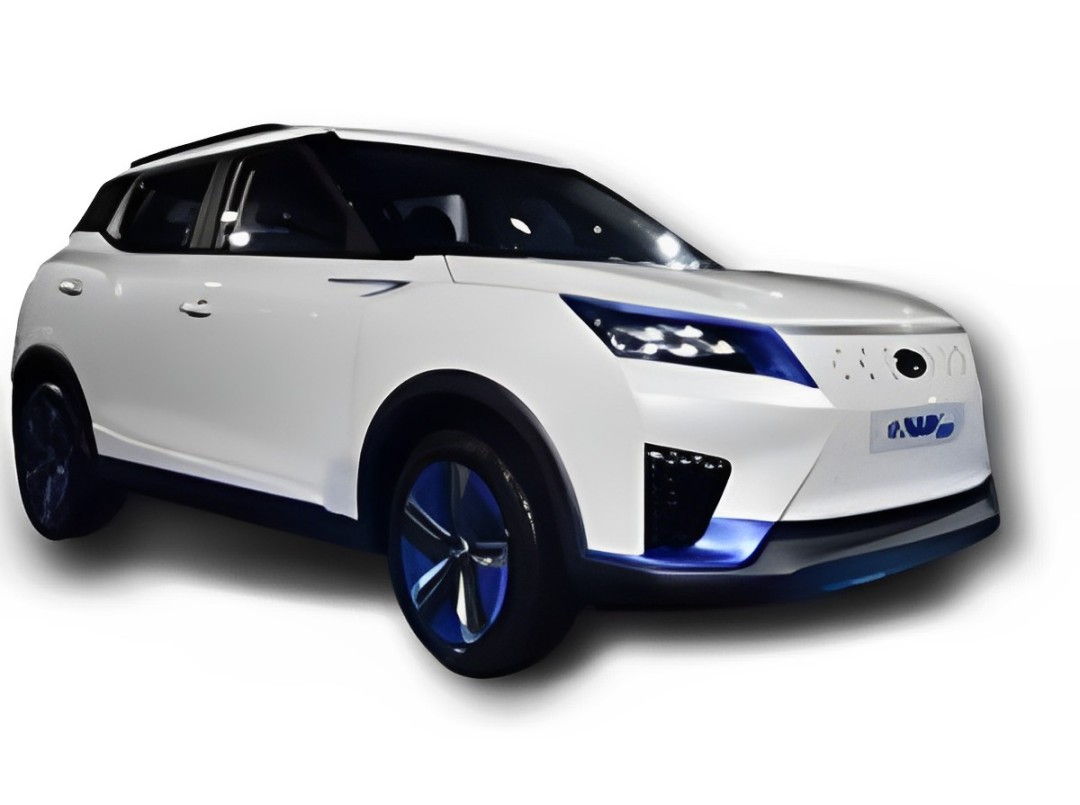
- Performance: Compact and agile, designed for urban commuting.
- Features: Practical design, connected features, and Mahindra’s signature styling.
- Range: Expected to offer a competitive range for city driving.
Mercedes-Benz EQC: The Electric SUVs in the Indian market

- Performance: Smooth acceleration and a luxurious driving experience.
- Features: High-quality materials, advanced driver-assistance features, and a comfortable interior.
- Range: Decent range for Indian city driving and highway cruising.
Tata Tigor EV
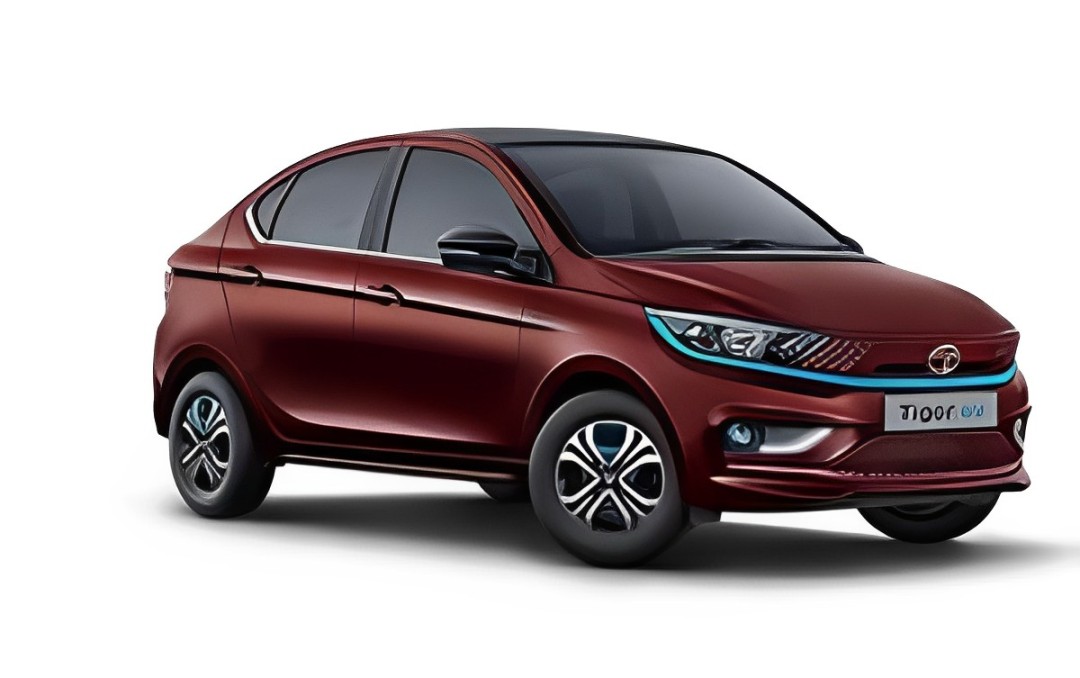
- Performance: Compact electric sedan with efficient city performance.
- Features: Suitable for urban commuting, practical design, and connected features.
- Range: Ideal for short to medium-distance city driving.
Audi e-Tron

- Performance: All-wheel drive and a comfortable, luxurious ride.
- Features: High-quality interior, cutting-edge technology, and virtual side mirrors.
- Range: Competitively suitable for urban and suburban commuting in India.
Renault Kiger EV

- Performance: Expected to offer efficient electric power for city driving.
- Features: Stylish design, compact size, and anticipated connected features.
- Range: Awaited details on the range, tailored for urban commutes.
Conclusion: Electric SUVs in the Indian Market
The electric SUVs in the Indian market are evolving, providing a range of options for eco-conscious urban commuters. Consider factors like range, charging infrastructure, and specific urban driving conditions when choosing the electric SUV that best fits your needs. These models represent a step forward in making sustainable and efficient transportation accessible to Indian consumers, contributing to a cleaner and greener future.
Read Also:

